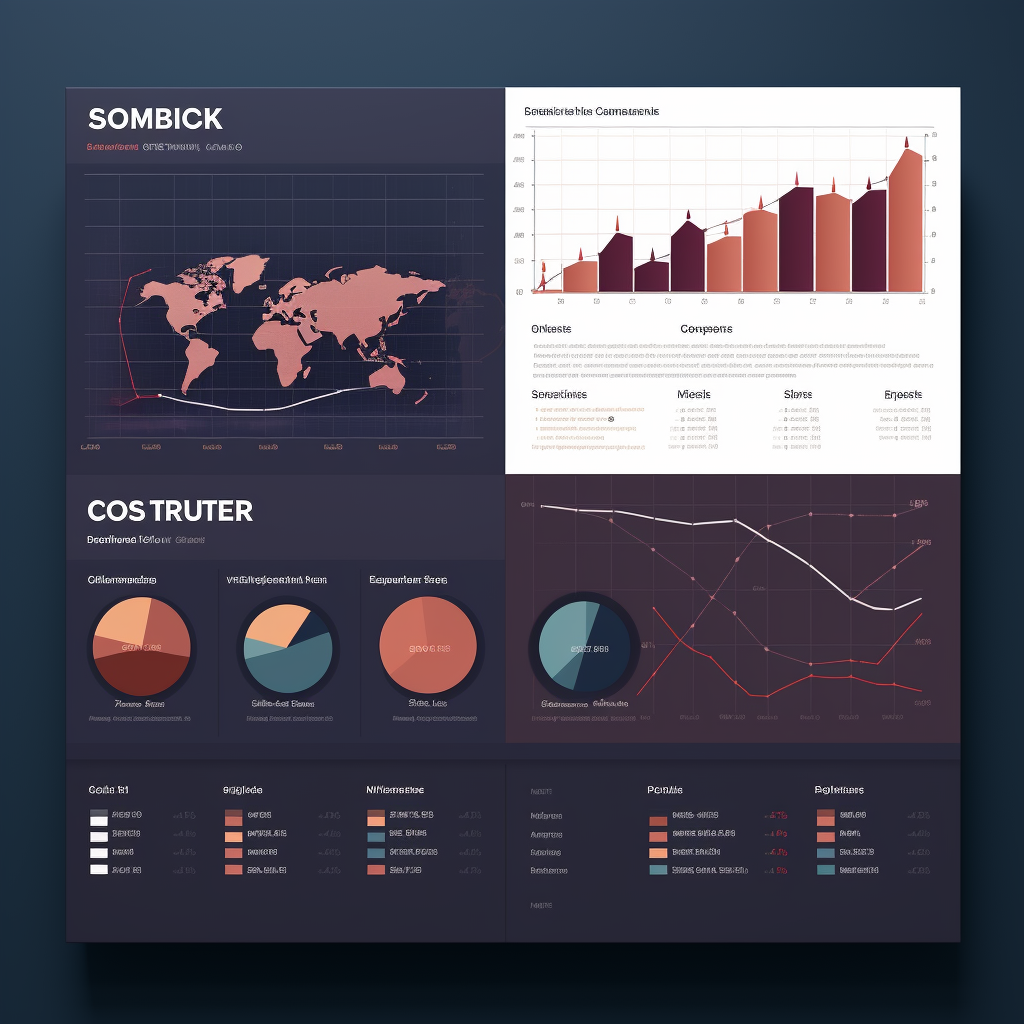In the global market environment, enterprises face the challenge of price fluctuations that impact their financial positions. To manage this risk, many companies adopt hedging strategies. However, this process requires precise management and accurate recording; otherwise, it can affect the accuracy of financial statements.
To extract the full value of hedging and ensure accurate financial reporting, companies typically employ hedge accounting. It involves accurately recording and reflecting the financial impacts of hedging strategies, allowing companies to better understand the risks and returns associated with hedging. This holds significant value for risk management and decision-making.
Now, let’s take the example of Mr. Li, a finance manager in a bulk commodity trading company, and see how Fusion‘s Hedging Plan module and Futures & Paper Evaluation module help him address issues in hedge accounting.
Mr. Li’s company frequently engages in buying and selling large quantities of commodities. Due to the volatility of commodity prices, the company’s financial position is often impacted. To manage this risk, the company decides to adopt hedging strategies to mitigate the risk of commodity price fluctuations.
However, Mr. Li quickly realizes that managing hedging strategies is not an easy task and requires the use of hedge accounting methods for precise planning, accurate recording, and timely assessment.

Firstly, Mr. Li and his colleagues need to formulate hedging plans, specifying the risks to be protected (such as commodity prices) and determining the hedging instruments to be used (such as futures contracts). Subsequently, he needs to ensure that the hedging plans comply with the company’s risk management policies and regulations through internal approval procedures.
In this process, Fusion’s Hedging Plan module becomes Mr. Li’s valuable assistant. Through this module, he can conveniently create, modify, and view hedging plans, link actual trades with futures trades, and terminate hedging relationships in advance when necessary. This significantly simplifies the management of hedging strategies.
Next, relevant personnel need to execute actual commodity trades, buying or selling futures contracts to lock in future prices. Simultaneously, Mr. Li and his team need to regularly assess the effectiveness of hedging strategies, ensuring they achieve the expected risk protection effects. If the hedging strategy no longer meets expectations, adjustments may be necessary through the Hedging Plan module.
After performing the above operations, Mr. Li needs to calculate the gains and losses of evaluated hedging transactions regularly to understand the impact of hedging strategies on the financial situation. This is where Fusion’s Futures & Paper Evaluation module provides substantial assistance. It conducts monthly checks, calculates the financial gains and losses of hedging transactions, generates evaluation reports, reconciles them, and submits the assessment results to the finance department for accounting.
Additionally, this module offers features to view and clear erroneous data, as well as handle special cases of hedging operations, such as prior-period OCI transfers, early termination of roll-month futures and paper relationships, OCI transfers out, and retrospective correction of gains and losses split.
Finally, for each hedging transaction, Mr. Li needs to generate corresponding hedge vouchers, recording accounting entries for hedging instruments and the items being hedged. These vouchers must be accurately recorded in the company’s financial module to ensure the accuracy of accounting books. By using the Hedging Plan module and Futures & Paper Evaluation module, Mr. Li not only effectively manages hedging strategies but also ensures that financial statements accurately reflect the impact of hedging strategies. This significantly improves the efficiency and accuracy of financial management, helping the company better manage risks.

In summary, the advantages of the Hedging Plan module and Futures & Paper Evaluation module in hedge accounting include:
- Simplifying the management of hedging plans: The Hedging Plan module significantly simplifies the management of hedging strategies by allowing the creation, modification, and viewing of hedging plans, linking actual trades with futures trades, and terminating hedging relationships when needed.
- Providing accurate financial information: The Futures & Paper Evaluation module conducts monthly checks, calculates the financial gains and losses of hedging transactions, generates evaluation reports, reconciles them, and submits the assessment results to the finance department for accounting.
- Handling special cases of hedging operations: The Futures & Paper Evaluation module offers features to handle special cases of hedging operations, ensuring comprehensive support for various scenarios.
- Improving the efficiency and accuracy of financial management: By using these modules, finance managers can better manage hedging strategies, ensure accurate reflection of the impact of hedging strategies in financial statements, and enhance the efficiency and accuracy of financial management.
Mr. Li’s experience teaches us that it’s not just about adopting hedging strategies; it’s equally crucial to have a comprehensive system to support the execution and management of hedge accounting. Only then can enterprises truly derive the expected benefits from hedging, successfully manage price risks, stabilize financial positions, and stand undefeated in the competitive market.
In the future, Fusion will not only have these two modules to support enterprise hedge accounting management but will also iterate on products more tailored to the specific needs of enterprise hedge accounting management, providing more precise and efficient services.





